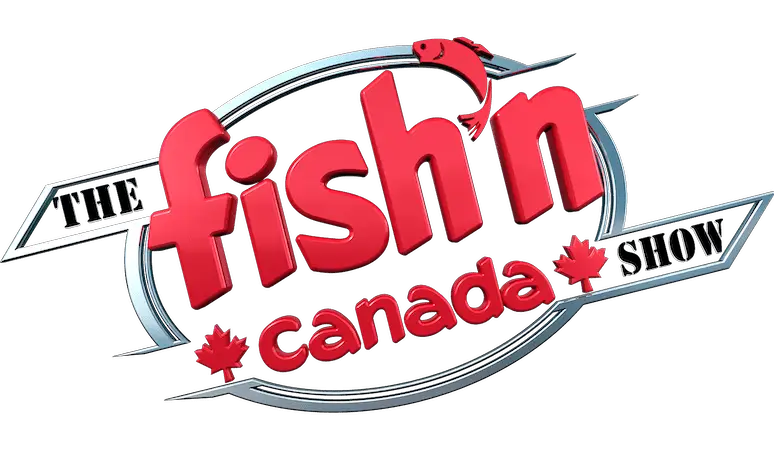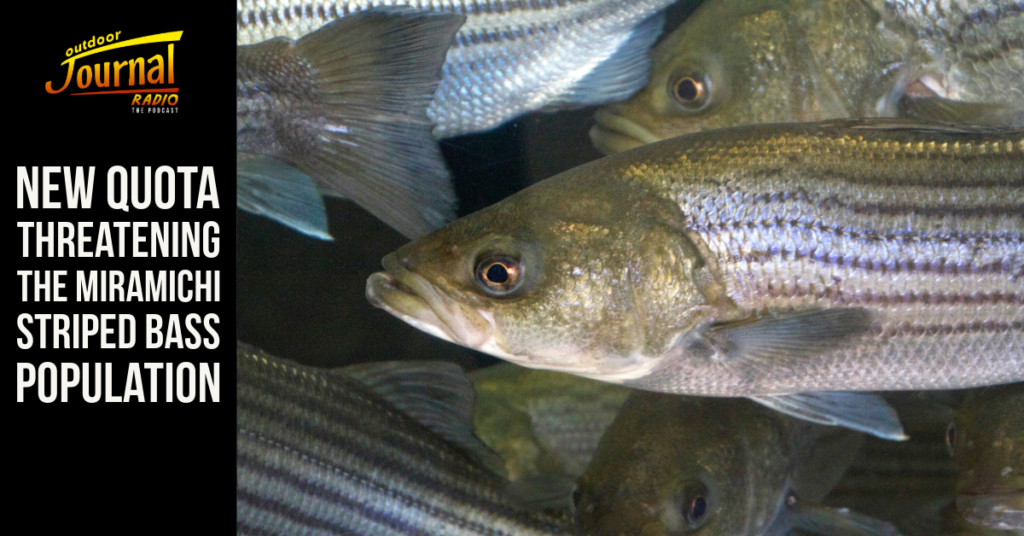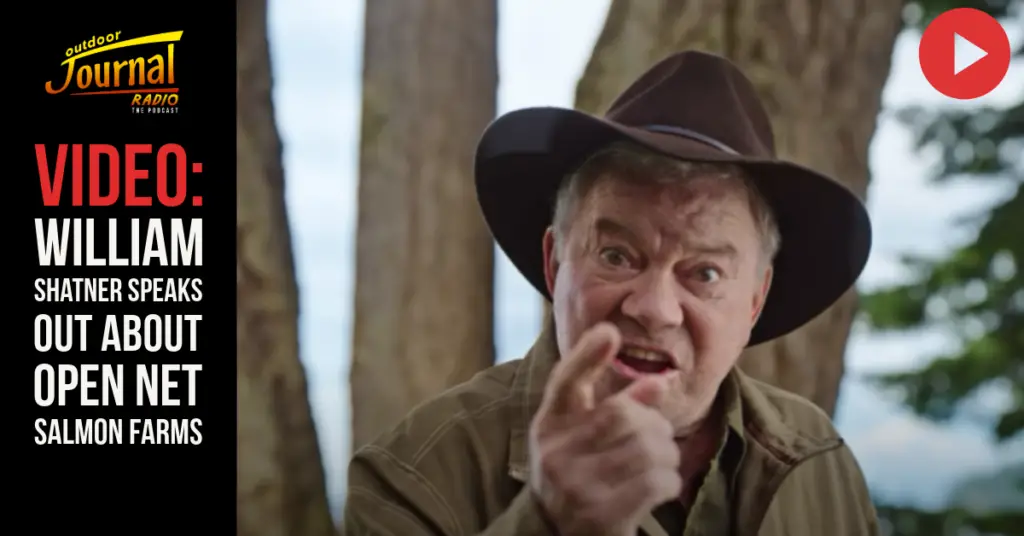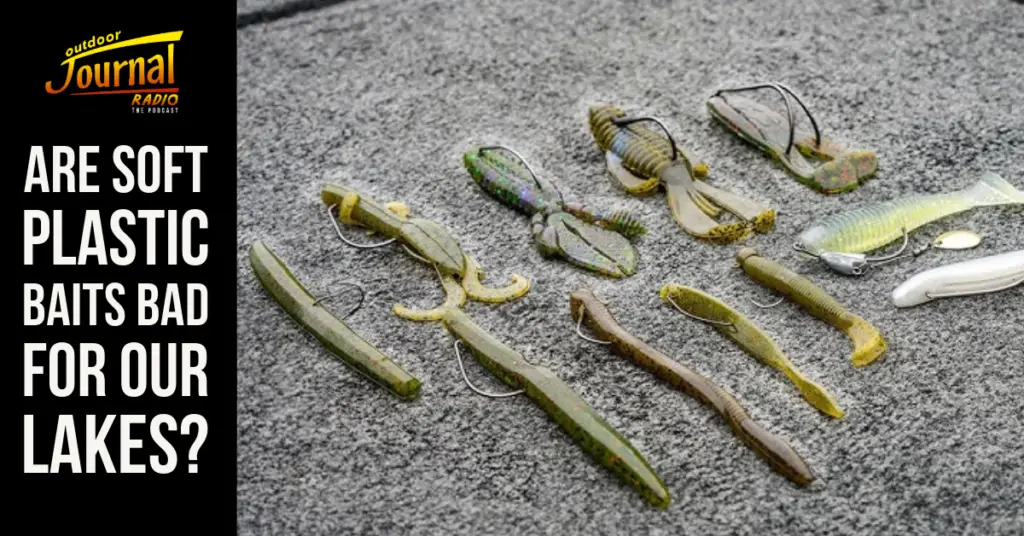This weekend marked the true beginning of fall for many in Ontario as October arrived and deer seasons opened across the province. Perhaps less noteworthy to many, October’s opening weekend also brought with it the official fall newsletter from Ontario’s Ministry of Northern Development, Mines, Natural Resources, and Forestry – a document that likely sat unread in the inboxes of most who received it.
While we surely don’t blame you for leaving your inboxes unchecked while the deer were foraging and the leaves were falling, there were a few things included in that newsletter that are worth revisiting – things that even those who read it may have missed.
In the opening section of the newsletter, the Ministry lays out a new system designed to regulate the use and movement of baitfish and leeches. This new system will divide Ontario into four Bait Management Zones (BMZs), restricting the movement of bait across boundary lines in an effort to reduce the spread of invasive species and aquatic disease.
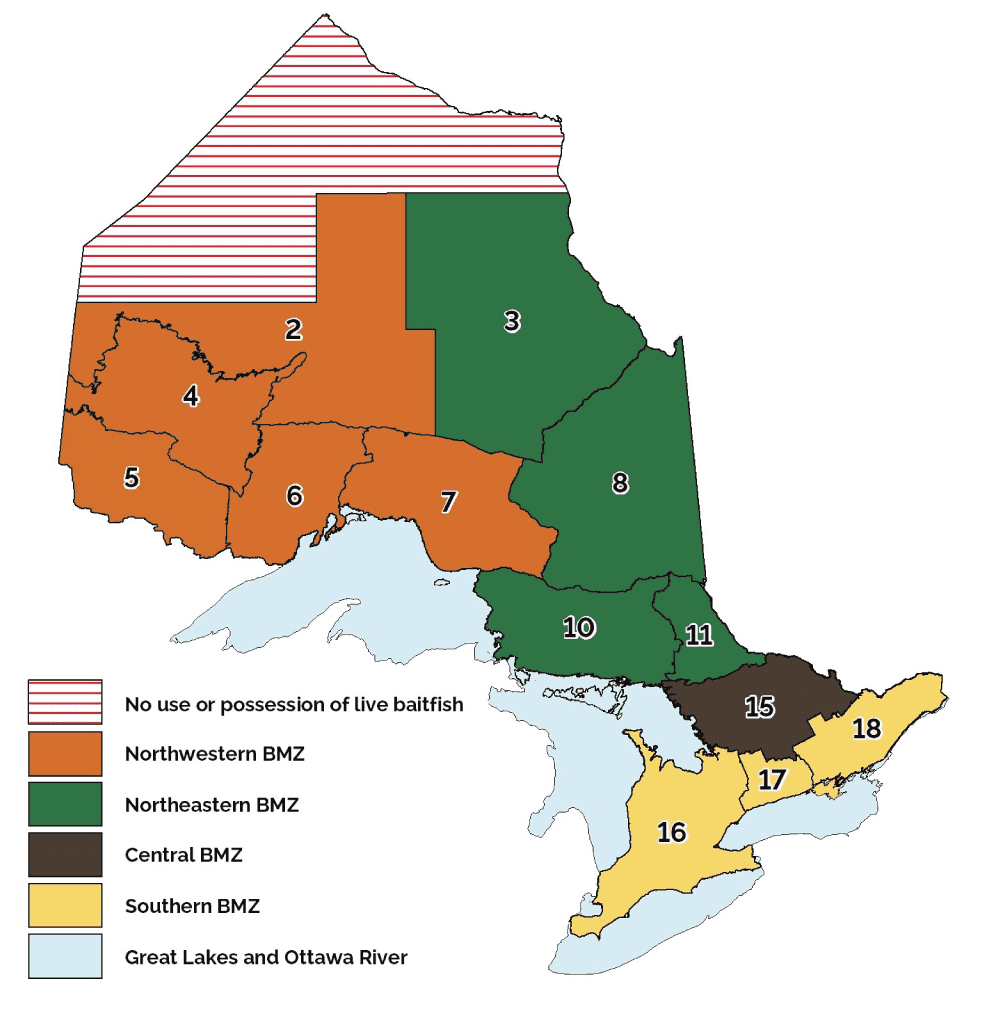
Though the new system is unquestionably worth noting and will surely benefit Ontario waterways, it was the five bullet-point reminder tucked just beneath this section that grabbed our attention. It read as followed:
“These changes come after years of research, data collection and consultation with anglers in the province. Anglers are also reminded to:
- Safely dispose contents of your bait container at least 30 metres from any lake, pond, river or stream
- Dispose of fish waste, heads and tails in the garbage, not waterways, when cleaning fish
- Put unwanted roe or baitfish in the garbage
- Empty livewells and bilges away from water, where the water will be absorbed into the ground
- Inspect and disinfect your gear, if necessary”
Did anything stand out? A few things did for us, particularly lines two and four – regulations that surely everyone reading this article have routinely broken.
Forgotten Regulation #1: No dumping dead fish
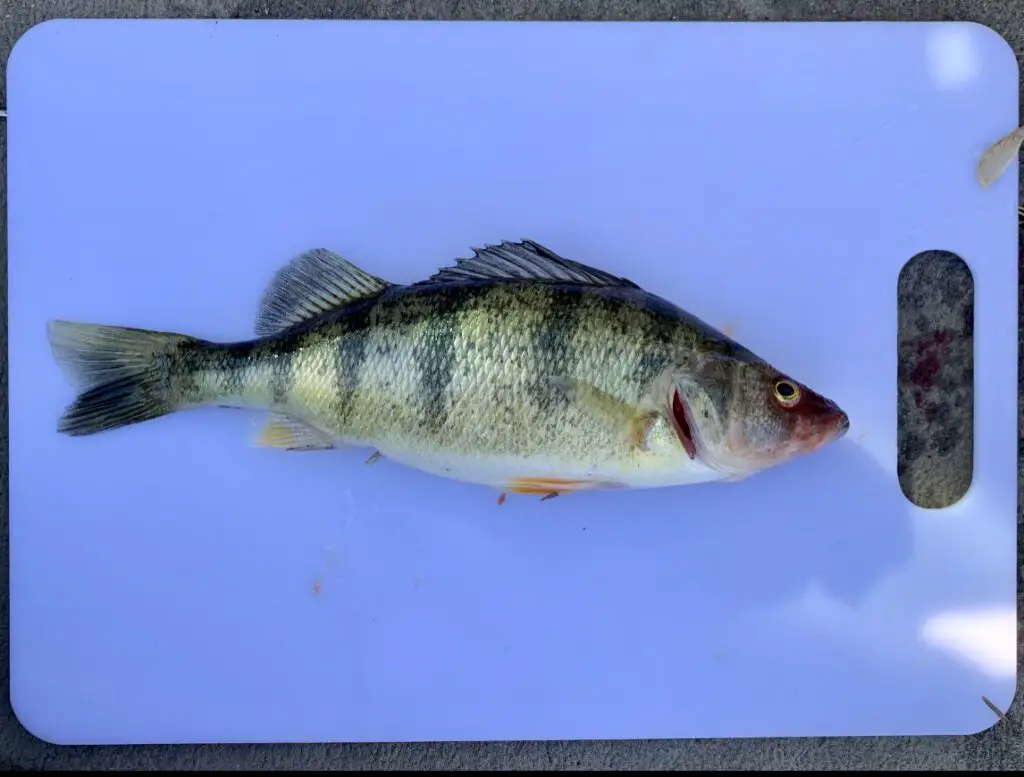
Out of everything in this newsletter, this one line stood out to us the most. According to the reminder, and confirmed by the Ontario fishing regulations, it is illegal to dump the carcasses of filleted fish back into the water in which you caught them.
Why? Well, we aren’t quite sure.
As with many laws we have on the books, the intention of this law may be different from its resulting outcome. Perhaps this law was simply trying to discourage people from dumping fish from one lake into another – a valid rule to protect against the spread of invasive species. Or perhaps it was seeking to avoid fish carcasses littering areas where people swim. Or perhaps it was simply drafted somewhere downtown Toronto where bears rummaging through fish-filled garbage cans are of little concern.
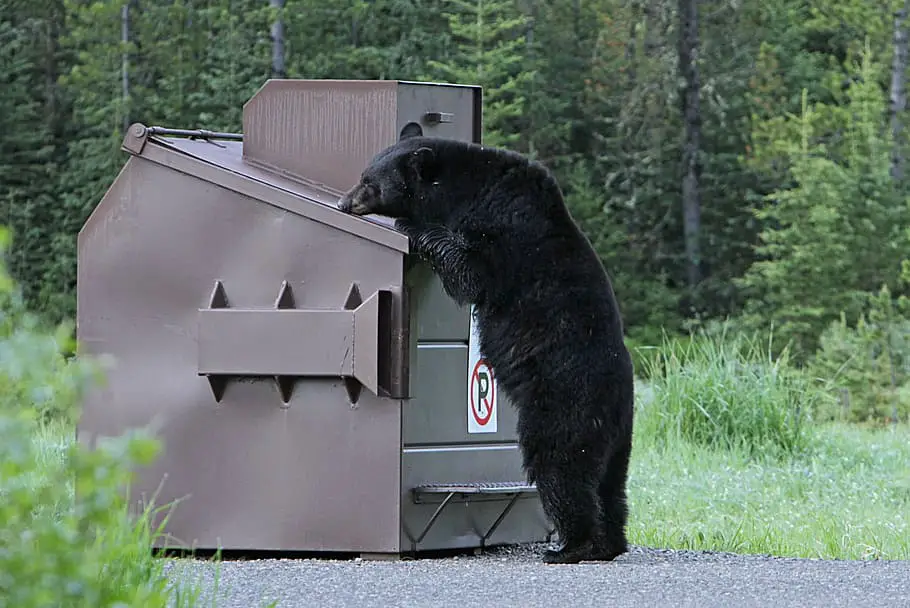
Regardless of the reasoning, this law, as it is currently enforced, seems extremely counterproductive, as letting Snapping Turtles, Pelicans, and other aquatic scavengers clean up fish carcasses seems much more natural and cleanly than leaving it up to maggots and bears.
Forgotten Regulation #2: No Emptying Livewells on the Water
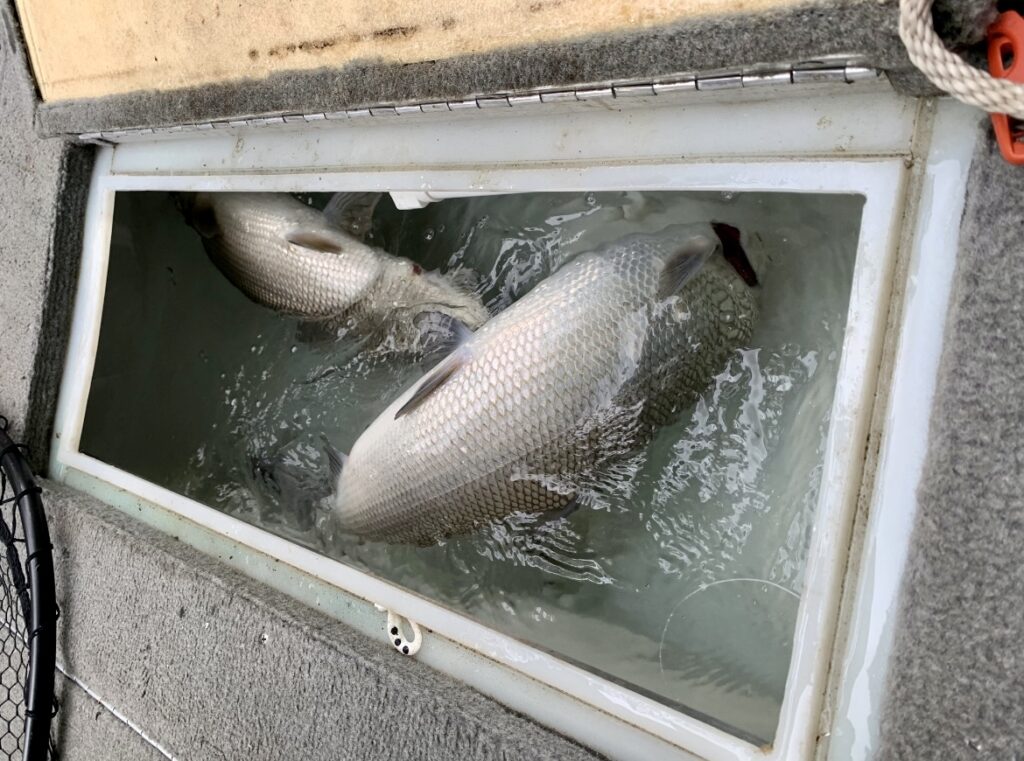
Even if you somehow managed to evade the first regulation, we can say, with near certainty, that you have broken this second one. As the law is written, it appears as though it is illegal to empty your livewells in areas where the water will not be absorbed by the ground.
That’s right. At this moment, in Ontario, it is illegal to drain your livewell in the same lake you filled it up in.
Likely another case of good intentions, (not so) unforeseen outcomes, this law was likely created in attempt to stop livewell water, and all the invasive species and parasites it can contain, from being dumped from one water body into another. Similar to our first regulation, however, this is not what the law actually enforces.
The way the law is currently written, simply using a livewell could be considered illegal. After all, livewells are constantly recycling their water, breaking this law every time it aerates and sends old water back into the lake. The same goes for that bilge pump.
Thankfully, this particular law, as far as we are concerned, is very rarely enforced. And let’s hope it stays that way, otherwise the majority of Ontario anglers have a fair number of tickets heading their way this fall.
Know someone who has been charged with either of these strange violations? Let us know in the comments below!


